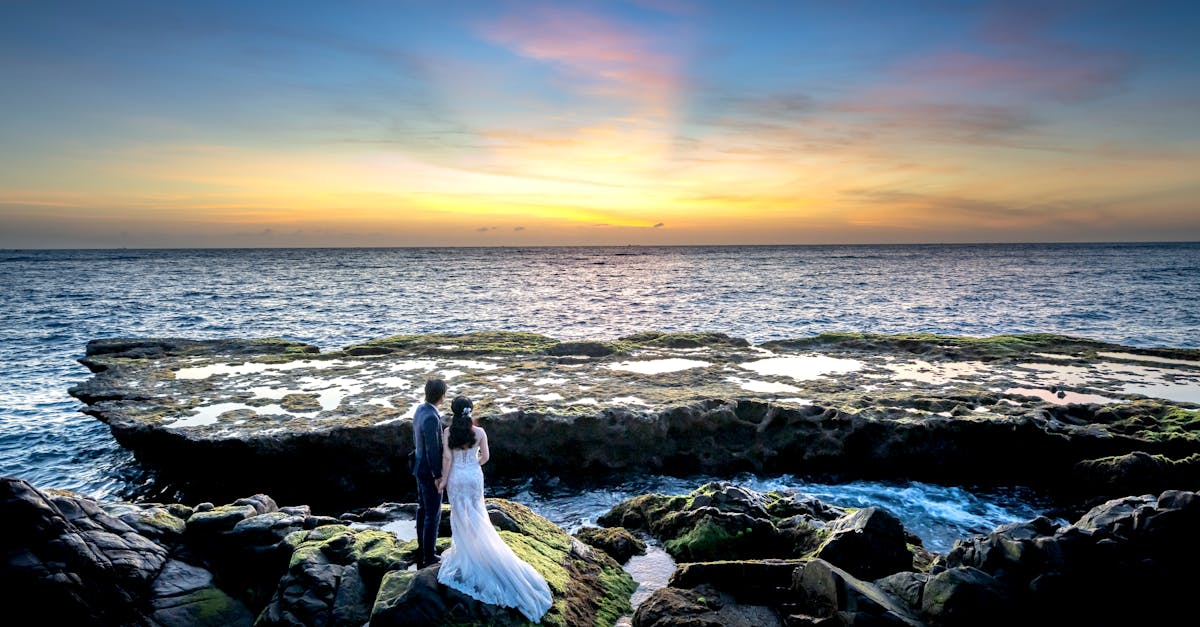When it comes to beach camping, choosing the right tent can make all the difference in our outdoor experience.
Whether it’s the soothing sound of waves or the warm glow of a beach bonfire, camping on the beach offers a unique escape from the hustle and bustle of everyday life.
In this guide, we’ll explore the best tents for camping on the beach, ensuring that our seaside adventures are comfortable, enjoyable, and memorable.
Join us as we jump into the world of beach tents and discover the perfect shelter for our coastal getaways.
Key Takeaways
- Choose beach camping tents made of waterproof and UV-resistant materials for protection from elements.
- Prioritize tents with good ventilation through mesh windows and panels for airflow and comfort.
- Opt for easy-to-set-up tents like pop-up options for quick assembly on sandy beaches.
- Select durable tents with sturdy construction and strong poles to withstand beach conditions.
- Consider top picks like REI Co-op Screen House Shelter or Coleman Instant Beach Canopy for beach camping.
- Proper tent maintenance, including cleaning, repairs, UV protection, and storage, is essential for an enjoyable beach camping experience.

Types of Tents Suitable for Beach Camping
When choosing a tent for beach camping, it’s crucial to consider the following factors:
- Material: Opt for a tent made of waterproof and UV-resistant materials to protect you from the elements.
- Ventilation: Look for tents with mesh windows and ventilation panels to keep you cool on hot summer nights.
- Ease of Setup: Consider pop-up tents for quick and hassle-free assembly, so you can spend more time enjoying the beach.
- Durability: Choose a tent with strong poles and sturdy construction to withstand windy beach conditions.
Key Features to Look for in Beach Camping Tents
When selecting a tent for beach camping, there are some key features to consider to ensure a comfortable and enjoyable experience. Here are some important factors to look for in beach camping tents:
- Material: Look for tents made of UV-resistant and waterproof materials to protect from sun and rain exposure.
- Ventilation: Opt for tents with large mesh windows and vents to allow for airflow and prevent condensation inside the tent.
- Ease of Setup: Choose tents with simple and quick assembly, especially important when dealing with sandy beach conditions.
- Durability: Prioritize tents with sturdy construction and quality materials to withstand coastal winds and elements.
For more detailed information on choosing the right beach tent, you can refer to REI’s guide and OutdoorGearLab’s top beach tents of the year.

Top Beach Camping Tents in the Market
Looking for the best beach camping tents? We’ve got you covered! When it comes to beach camping, ventilation, durability, and setup ease are key. Here are some top picks for your next coastal adventure:
- REI Co-op Screen House Shelter: Perfect for providing shade and protection from the wind. It’s a versatile option for beach outings.
- Coleman Instant Beach Canopy: Easy to set up and offers great UV protection. Ideal for a day at the beach with friends and family.
Tips for Setting Up Your Beach Tent
When setting up your beach tent, it’s essential to choose a flat area away from the waterline to avoid potential issues with high tide. To stabilize your tent, anchor it securely using sandbags or stakes. Check the wind direction before pitching your tent to ensure it is well-protected. Also, ventilate your tent properly to keep it cool during sunny days.
Remember, proper setup not only enhances your camping experience but also ensures your safety and comfort. You can find more tips on setting up a beach tent on the National Park Service website.

Importance of Proper Tent Maintenance for Beach Camping
Proper tent maintenance is crucial for a successful beach camping trip. Regular cleaning helps extend the lifespan of the tent. Check for tears and promptly repair them with a reliable patch kit. Protect your tent from UV damage by applying a waterproofing treatment. Store your tent in a cool, dry place when not in use to prevent mold growth.
By taking care of your tent, you ensure it’s ready for your next adventure under the sun. For more camping tips, visit the National Park Service website.